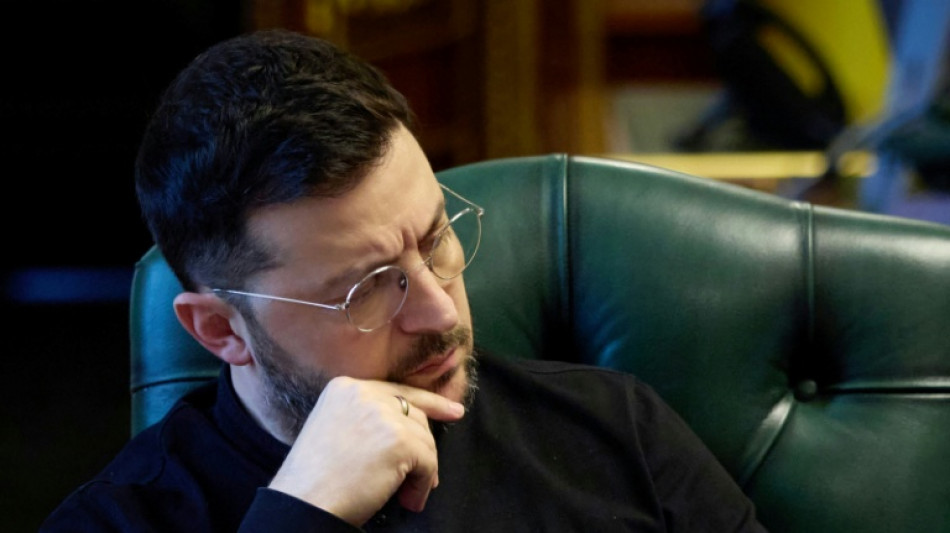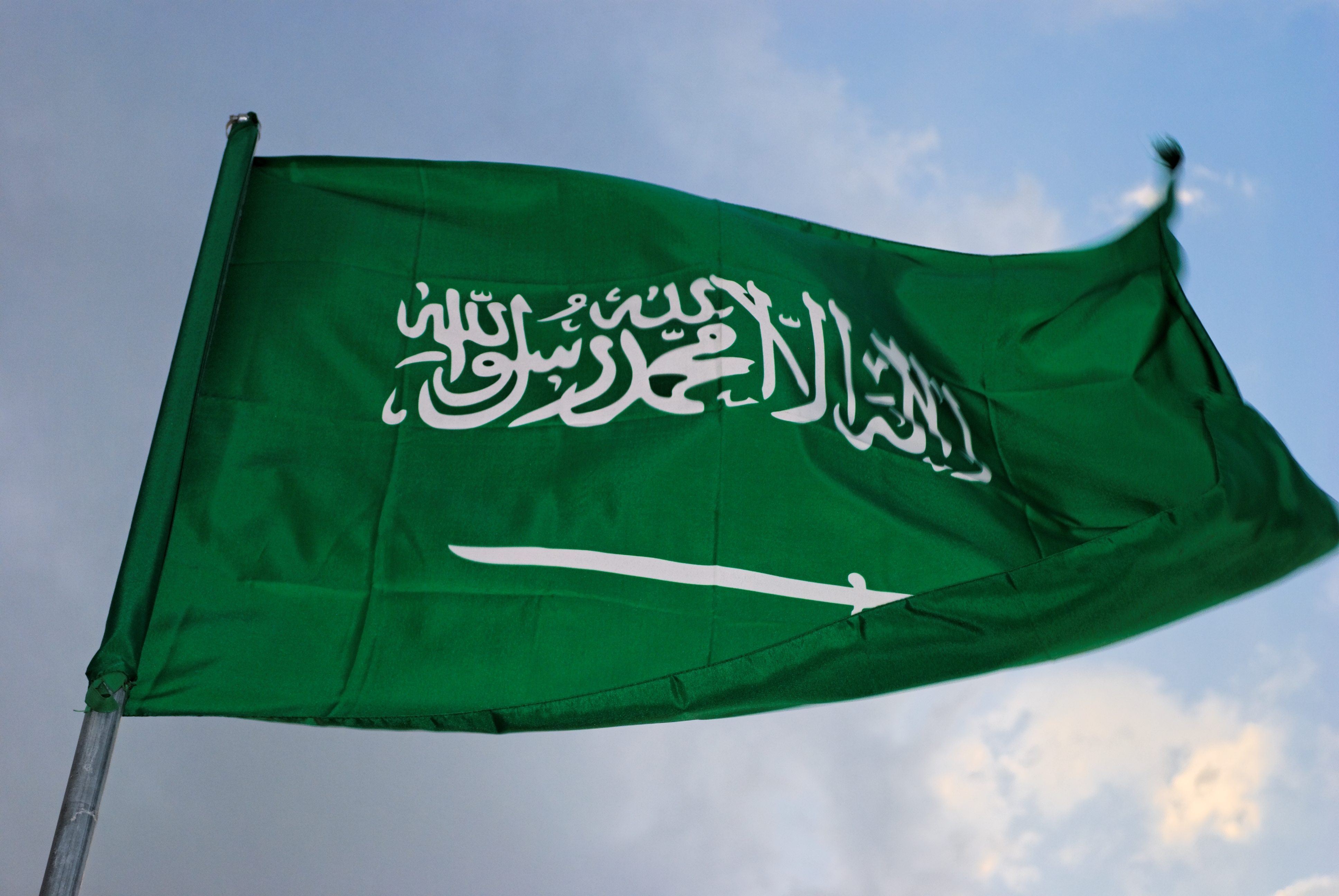

Trump's plan to end war pushed back by Zelensky, welcomed by Putin
Ukraine's President Volodymyr Zelensky on Friday pushed back against a US plan to end Russia's invasion, while Russian leader Vladimir Putin welcomed the proposal that includes many of his hardline demands that President Donald Trump gave Ukraine less than a week to sign.
Zelensky pledged to work round the clock to make sure the final agreement would not "betray" Ukraine's interests, acknowledging he risked losing Washington as an ally.
Putin said the blueprint could "lay the foundation" for a final peace settlement, but threatened more land seizures if Ukraine walked away from negotiations.
Ukraine faces one of the most challenging moments in its history, Zelensky said in an address to the nation, adding that he would propose "alternatives" to Trump's 28-point plan.
Kyiv and its European allies were startled by the proposal -- which would effectively force Ukraine to capitulate by giving up land, cutting its army, pledge never to join NATO and hold snap elections.
Russia, meanwhile, would gain territory, be reintegrated into the global economy and rejoin the G8, under a draft of the plan, seen by AFP.
"Ukraine and its European allies are still living under illusions and dreaming of inflicting a strategic defeat on Russia on the battlefield," the Russian president said in a televised meeting with his security council.
If Kyiv walks away, the claimed recent capture of Ukrainian city Kupiansk "will inevitably be repeated in other key areas of the front line," he added. The Ukrainian army rejected the claim and said Kupiansk remained under Kyiv's control.
Zelensky said: "We did not betray Ukraine then, we will not do so now," recalling how he marshalled Kyiv's response to the Russian invasion in February 2022.
"I will present arguments, I will persuade, I will propose alternatives," he added.
Trump said that next Thursday was an "appropriate time" to set for Zelensky to agree a deal, but he indicated it could be flexible.
Zelensky said after talks with US Vice President JD Vance that Ukraine continues to "respect" Trump's desire to end the war.
He also held an emergency call with the German, French and British leaders as Europe, cut out of the process, scrambled to respond.
The Ukrainian leader plans to speak directly to Trump in "coming days", his office has said.
- 'Most difficult moment' -
The US plan envisages recognizing territories controlled by Moscow as "de-facto" Russian, with Kyiv pulling troops out of parts of the Donetsk region.
In Donetsk, this would mean the Kremlin would gain more territory about the size of Luxemburg.
Kyiv would also cap its army at 600,000, rule out joining NATO and have no NATO troops deployed to its territory.
In return, Ukraine would get unspecified "reliable security guarantees" and a fund for reconstruction using some Russia assets frozen in foreign accounts.
"Right now is one of the most difficult moments in our history," Zelensky said in the address to the nation, in which he wore all black.
"The pressure on Ukraine is one of the hardest. Ukraine may face a very difficult choice: either the loss of dignity or the risk of losing a key partner," he said, warning of a break with Washington.
In a call with Zelensky, key European allies Britain, France and Germany stressed their "unwavering and full support for Ukraine on the path to a lasting and just peace," said a joint statement after the talks.
The United States bypassed Europe with the plan and many European governments were unsettled by the prospect of the invasion launched in February 2022 ending on Moscow's terms.
- 'Flexibility' -
Putin, who treated Trump's proposal more favourably, said the early version of the plan was discussed with the US president even before they met in Alaska on August 15.
There, Putin told Trump Russia was ready "to show flexibility" in resolving the conflict, without elaborating how, according to the Kremlin chief's televised meeting.
Russia is ready for the detailed discussion of Trump's plan, which has been updated to since the Alaska summit. Otherwise, it will continue the war, Putin added.
Trump's administration has previously rejected accusations that it worked on the proposal with Moscow.
- 'Mind blown' -
The White House gave Zelensky until November 27, when the US celebrates Thanksgiving, to decide on what it called a "good plan" for Russia and Ukraine.
In Kyiv, people were divided over whether Ukraine should engage with the proposal and negotiate a better position, or reject it as a call for capitulation.
Yanina, a 41-year-old seamstress, predicted the proposal will lead nowhere and the war will continue.
"Neither us nor Russia will make concessions," she said.
Many Ukrainian politicians expressed anger at the plan. "Being completely mind blown has become our norm," one deputy told AFP, speaking on condition of anonymity.
bur-ant-jc-asy/tw
X.Ajmi--al-Hayat




